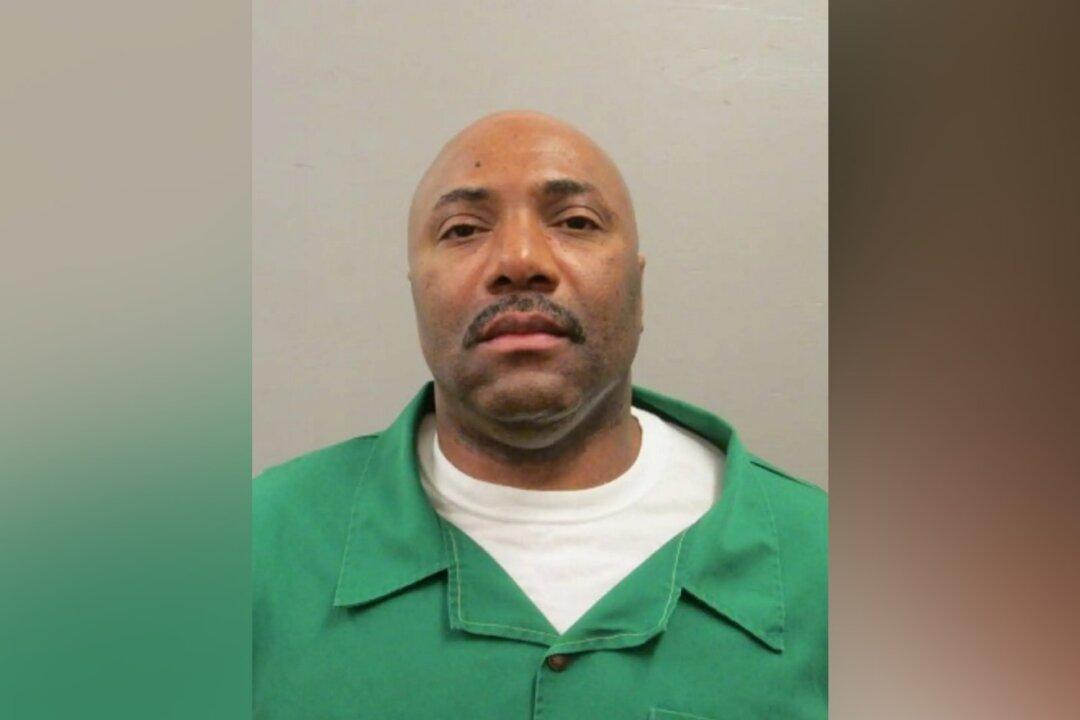The South Carolina Supreme Court on April 20 issued a temporary stay preventing the state from carrying out what would have been its first-ever execution by firing squad.
Richard Bernard Moore, 57, was scheduled to be executed on April 29. He would have been only the fourth prisoner in the United States to die by that method since 1976.




